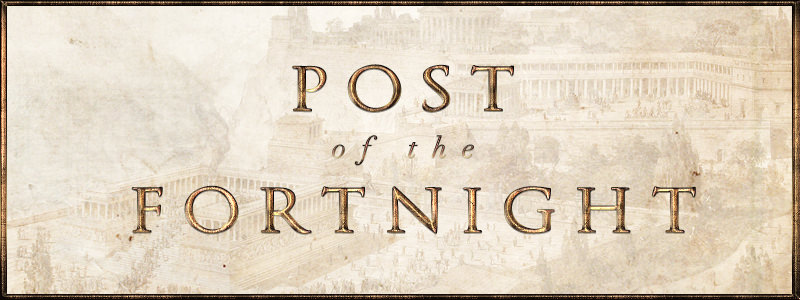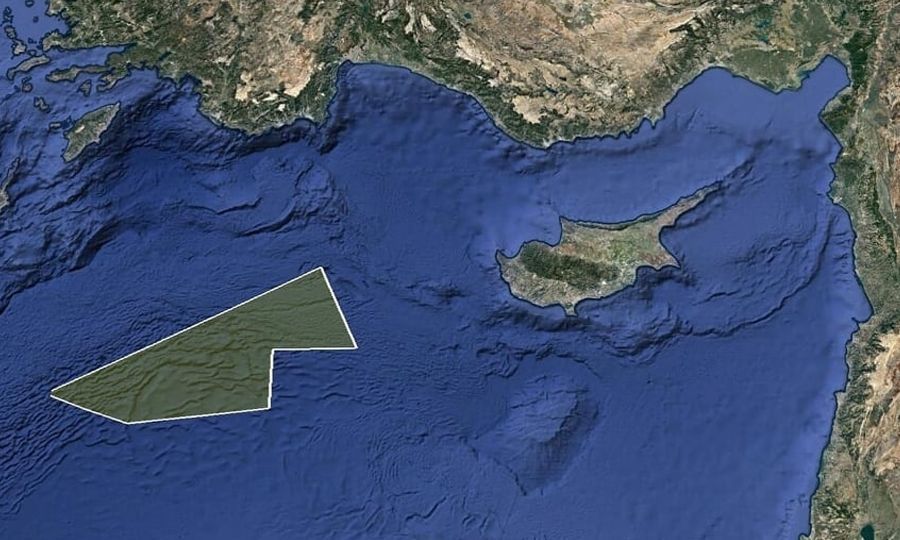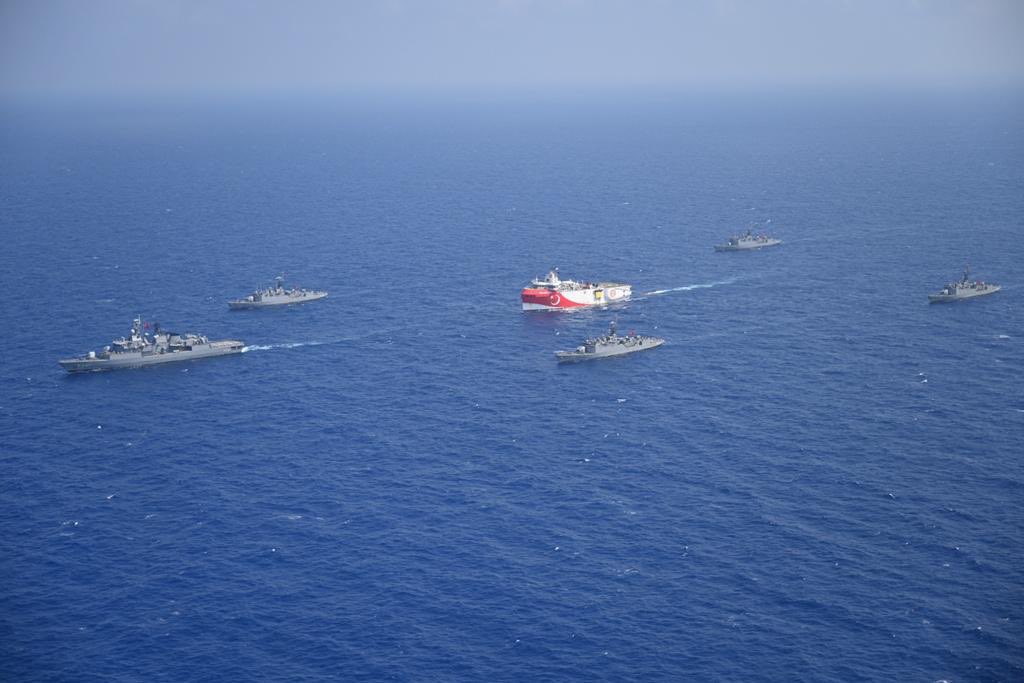Historical Background
The visions of chapters 7–12 reflect the crisis which took place in Judea in 167–164 BC when Antiochus IV Epiphanes, the Greek king of the Seleucid Empire, threatened to destroy traditional Jewish worship in Jerusalem.[24] When Antiochus came to the throne in 175 BC the Jews were largely pro-Seleucid. The High Priestly family was split by rivalry, and one member, Jason, offered the king a large sum to be made High Priest. Jason also asked—or more accurately, paid—to be allowed to make Jerusalem a polis, or Greek city. This meant, among other things, that city government would be in the hands of the citizens, which meant in turn that citizenship would be a valuable commodity, to be purchased from Jason. None of this threatened the Jewish religion, and the reforms were widely welcomed, especially among the Jerusalem aristocracy and the leading priests. Three years later Jason was deposed when another priest, Menelaus, offered Antiochus an even larger sum for the post of High Priest.[25]
Antiochus invaded Egypt twice, in 169 BC with success, but on the second incursion, in late 168 BC, he was forced to withdraw by the Romans.[26] Jason, hearing a rumour that Antiochus was dead, attacked Menelaus to take back the High Priesthood.[26] Antiochus drove Jason out of Jerusalem, plundered the Temple, and introduced measures to pacify his Egyptian border by imposing complete Hellenisation: the Jewish Book of the Law was prohibited and on 15 December 167 BC an "abomination of desolation", probably a Greek altar, was introduced into the Temple.[27] With the Jewish religion now clearly under threat a resistance movement sprang up, led by the Maccabee brothers, and over the next three years it won sufficient victories over Antiochus to take back and purify the Temple.[26]
The crisis which the author of Daniel addresses is the defilement of the altar in Jerusalem in 167 BC (first introduced in chapter 8:11): the daily offering which used to take place twice a day, at morning and evening, stopped, and the phrase "evenings and mornings" recurs through the following chapters as a reminder of the missed sacrifices.[28] But whereas the events leading up to the sacking of the Temple in 167 BC and the immediate aftermath are remarkably accurate, the predicted war between the Syrians and the Egyptians (11:40–43) never took place, and the prophecy that Antiochus would die in Palestine (11:44–45) was inaccurate (he died in Persia).[29] The obvious conclusion is that the account must have been completed near the end of the reign of Antiochus but before his death in December 164 BC, or at least before news of it reached Jerusalem, and the consensus of modern scholarship is accordingly that the book dates to the period 167–163 BCE.[30][31]
Composition
Development
It is generally accepted that Daniel originated as a collection of Aramaic court tales later expanded by the Hebrew revelations.[32] The court tales may have originally circulated independently, but the edited collection was probably composed in the third or early second century BC.[33] Chapter 1 was composed (in Aramaic) at this time as a brief introduction of to provide historical context, introduce the characters of the tales, and explain how Daniel and his friends came to Babylon.[34] The visions of chapters 7–12 were added and chapter 1 translated into Hebrew at the third stage when the final book was being drawn together.[34]
Authorship
Daniel is one of a large number of Jewish apocalypses, all of them pseudonymous.[35] The stories of the first half are considered legendary in origin, and the visions of the second the product of anonymous authors in the Maccabean period (2nd century BC).[5]
Although the entire book is traditionally ascribed to Daniel the seer, chapters 1–6 are in the voice of an anonymous narrator, except for chapter 4 which is in the form of a letter from king Nebuchadnezzar; only the second half (chapters 7–12) is presented by Daniel himself, introduced by the anonymous narrator in chapters 7 and 10.[36] The real author/editor of Daniel was probably an educated Jew, knowledgeable in Greek learning, and of high standing in his own community. The book is a product of "Wisdom" circles, but the type of wisdom is mantic (the discovery of heavenly secrets from earthly signs) rather than the wisdom of learning—the main source of wisdom in Daniel is God's revelation.[37][38]
It is possible that the name of Daniel was chosen for the hero of the book because of his reputation as a wise seer in Hebrew tradition.[39] Ezekiel, who lived during the Babylonian exile, mentioned him in association with Noah and Job (Ezekiel 14:14) as a figure of legendary wisdom (28:3), and a hero named Daniel (more accurately Dan'el, but the spelling is close enough for the two to be regarded as identical) features in a late 2nd millennium myth from Ugarit.[40] "The legendary Daniel, known from long ago but still remembered as an exemplary character ... serves as the principal human 'hero' in the biblical book that now bears his name"; Daniel is the wise and righteous intermediary who is able to interpret dreams and thus convey the will of God to humans, the recipient of visions from on high that are interpreted to him by heavenly intermediaries.[41]
Dating
The prophecies of Daniel are accurate down to the career of Antiochus IV Epiphanes, king of Syria and oppressor of the Jews, but not in its prediction of his death: the author seems to know about Antiochus' two campaigns in Egypt (169 and 167 BC), the desecration of the Temple (the "abomination of desolation"), and the fortification of the Akra (a fortress built inside Jerusalem), but he seems to know nothing about the reconstruction of the Temple or about the actual circumstances of Antiochus' death in late 164 BC. Chapters 10–12 must therefore have been written between 167 and 164 BC. There is no evidence of a significant time lapse between those chapters and chapters 8 and 9, and chapter 7 may have been written just a few months earlier again.[42]
Further evidence of the book's date is in the fact that Daniel is excluded from the Hebrew Bible's canon of the prophets, which was closed around 200 BC, and the Wisdom of Sirach, a work dating from around 180 BC, draws on almost every book of the Old Testament except Daniel, leading scholars to suppose that its author was unaware of it. Daniel is, however, quoted in a section of the Sibylline Oracles commonly dated to the middle of the 2nd century BC, and was popular at Qumran at much the same time, suggesting that it was known from the middle of that century.[43]
once you achieve enough wins, but first you must be nominated in threads such as this one. And it works like this.


























































